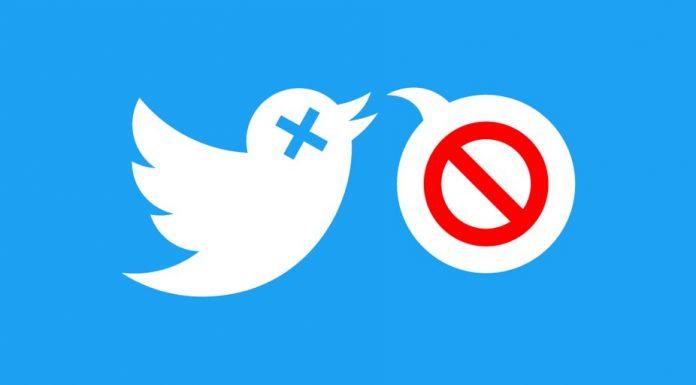(Headline USA) Nigerian President Muhammadu Buhari says he has directed the lifting of the ban on Twitter’s operations in Nigeria but only if certain conditions are met including Twitter’s “positive” use and registration in the West African nation.
Buhari told the country of more than 200 million people in an Independence Day broadcast Friday that a government team has had “extensive engagements” with Twitter and following that, “the issues are being addressed and I have directed that the suspension be lifted but only if the conditions are met to allow our citizens continue the use of the platform for business and positive engagements.”
Nigeria suspended Twitter’s operation on June 4, citing “the persistent use of the platform for activities that are capable of undermining Nigeria’s corporate existence.”
The action triggered complaints from woke globalists that Buhari’s action could be a replay of the clampdown on free speech which played out in the 1980s during his regime as Nigeria’s military ruler.
However, it drew applause from others who have accused Twitter of inappropriately injecting politics into its publishing platform and using its widespread influence and wealth to target mainstream conservative speech—most notably through its interference in the 2020 US election and subsequent ban of then-President Donald Trump.
Twitter, meanwhile, has given safe harbor to terrorist and extremist groups on the Left—from the Taliban to Hamas to Antifa—to promote violence and bigotry in particularly harsh terms.
The Nigerian ban was announced shortly after the social media network deleted a post by Buhari in which he threatened to treat separatists “in the language they will understand,” though Nigerian officials have denied that the deleted post was what prompted their action.
The action to suspend Twitter’s operation in Nigeria shows Buhari’s government “prefers authoritarianism to democracy,” claimed Idayat Hassan of the West Africa-focused Centre for Democracy and Development.
Many Nigerians, mostly young people, have been finding a way around the ban by turning to virtual private network apps, but many corporate entities and businesses—some of which the Nigerian economy relies on—have complied with the directive.
As the telecommunications access blockade continues, so it has had an economic cost for Africa’s most populous country, with more than 64 million young people.
According to NetBlocks, which estimates the cost of internet shutdowns worldwide, Nigeria could be losing N103.1 million ($251,000) in every hour of the blockade, which has now lasted more than 100 days.
In addition to registering and paying tax in Nigeria, Buhari said some of the other conditions upon which telecommunications companies will once again grant access to Twitter in Nigeria are “national security” and local content on the social network.
He did not explain how that will play out but added that the country remains committed to “ensuring that digital companies use their platform to enhance the lives of our citizens, respect Nigeria’s sovereignty, cultural values and promote online safety.”
A West African court, which had restrained the Nigerian government from prosecuting people still using Twitter, has adjourned until January 2022 for a decision on the matter.
Adapted from reporting by the Associated Press

